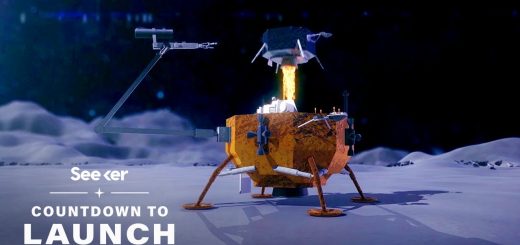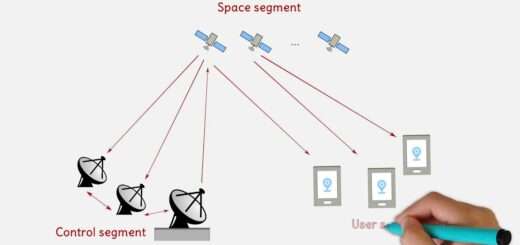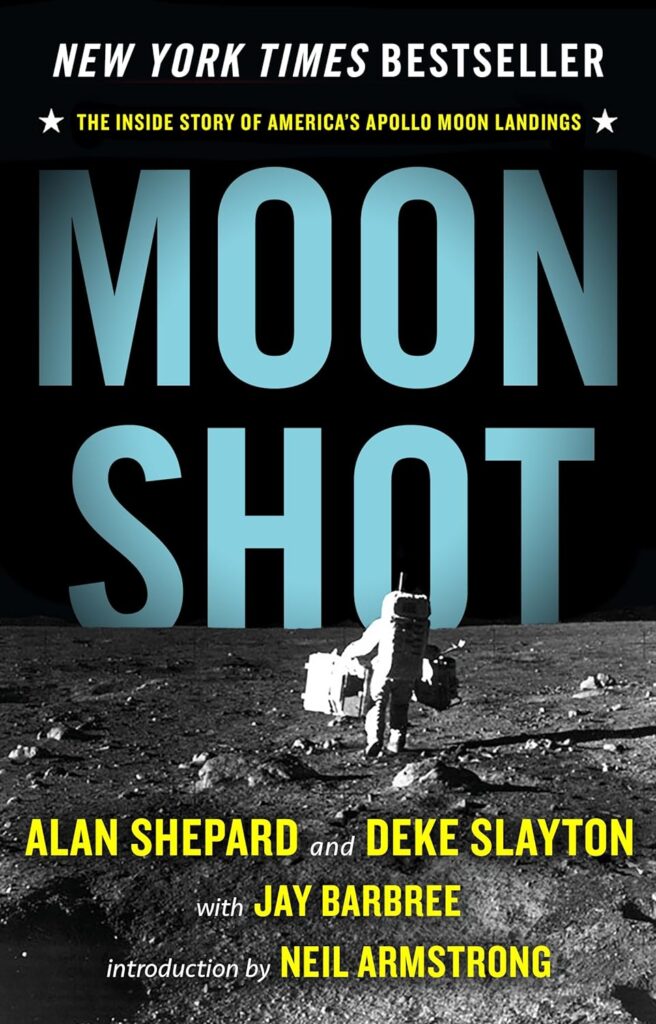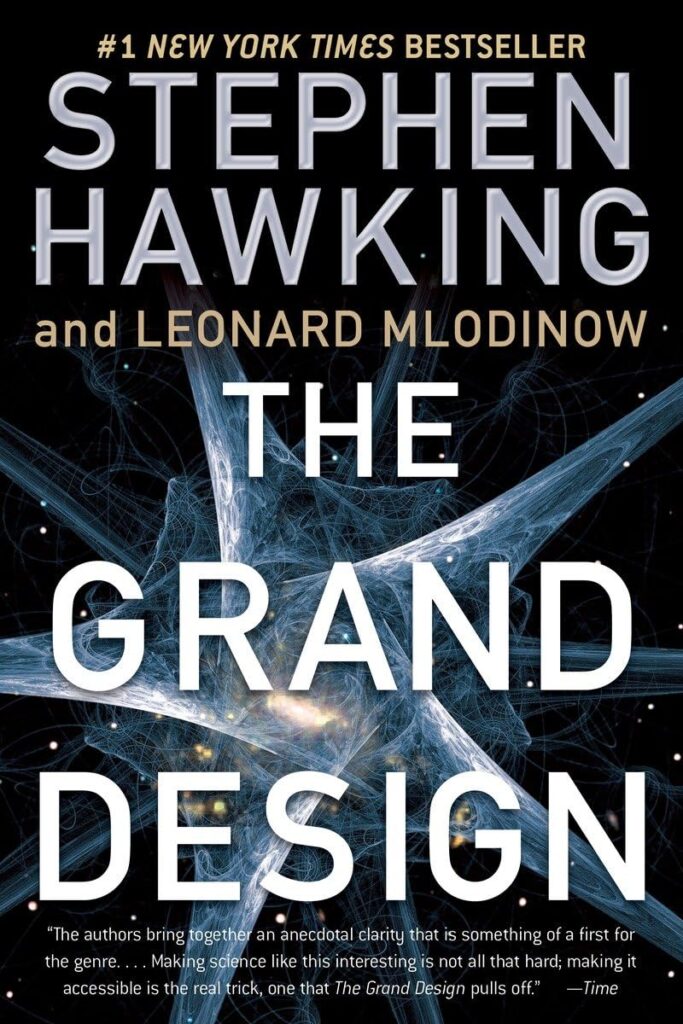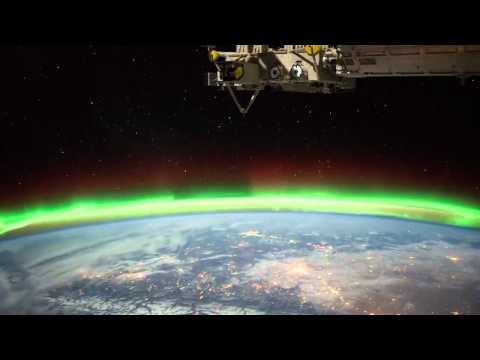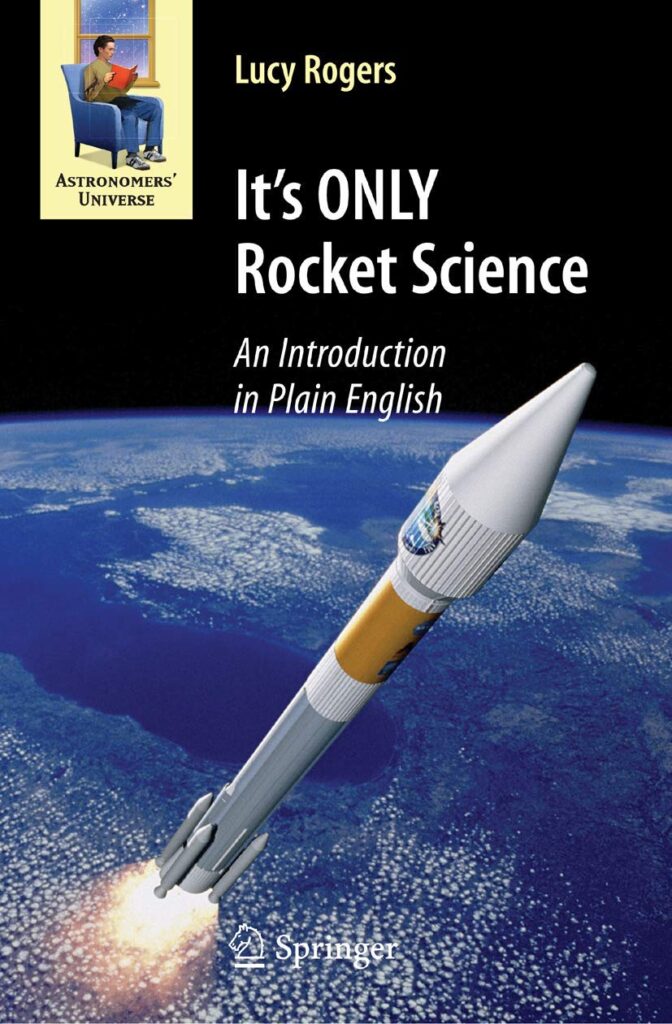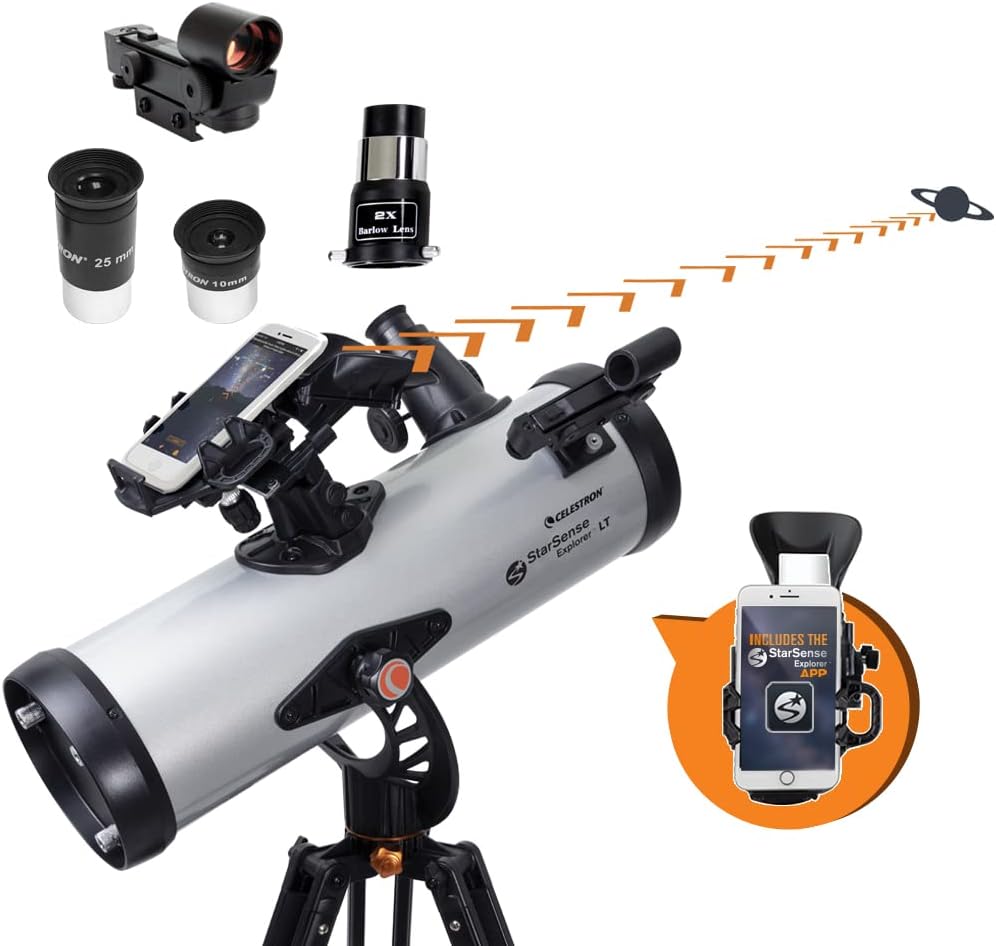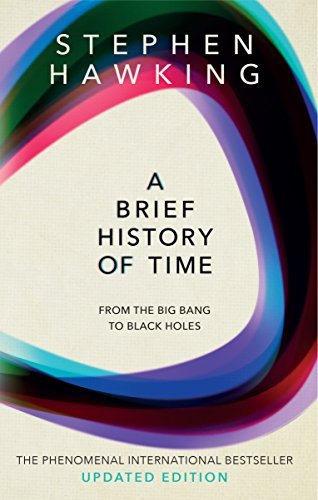Jeff Bezos Reveals Why He’s Spending Billions Of Dollars To Go To Space
– Come to share with us brieflythe vision of Blue Origin,and the idea of kind of a space tourismwith renewable rockets. – This is super important to me,and I believe on the longesttime frame, and really, here,I’m thinking of a time frameof a couple hundred years. So, over many decades, I believe,and I get increasing conviction with thiswith every passing year,that Blue Origin, the space company,is the most important work I’m doing. And so, there’s a wholeplan for Blue Origin. – Wait, so you say retail, online,e-commerce, publishing,- Yes. – That’s all less relevantthan the space program. – Yes, yes, and I’ll tell you why. First of all, of course,I’m interested in space,because I’m passionate about it,and I’ve been studyingit and thinking about itsince I’m a five-year-old boy. But, that is not whyI’m pursuing this work. I’m pursuing this work becauseI believe, if we don’t,we will eventually end upwith a civilization of stasis. Which, I find very demoralizing. I don’t want my great-grandchildren’sgreat-grandchildrento live in a civilization of stasis. We all enjoy a dynamiccivilization of growth and change,and let’s think about what powers that. We are not really energy-constrained,and so, let me give youjust a couple of numbers. If you take your body,your metabolic rate as ahuman, as just an animal,you eat food, that’s your metabolism. You burn about 100 watts, your power. Your body is about 100. It’s the same as a 100 watt light bulb. We’re incredibly efficient. Your brain is about 60 watts of that. Amazing. If you extrapolate in developed countries,where we use a lot of energy,on average, in developed countries,our civilizational metabolicrate is 11000 watts. So, in a natural state, youknow, where we’re animals,we’re only using 100 watts. In our actual, developed world state,we’re using 11000 watts, and it’s growing. For a century or more,it’s been compoundingat a few percent a year;our energy use as a civilization. Now, if you take baselineenergy usage, globally,across the whole world,and compound it at justa few percent a year,for just a few hundred years,you have to cover the entire surfaceof the earth in solar cells. So, that’s the real energy crisis,and it’s happening soon. And by soon, I mean withinjust a few hundred years. And so, we don’t actuallyhave that much time. So, what can you do?Well, you can have a life of stasis,where you cap how muchenergy we get to use. We have to work only on efficiency. By the way, we’ve always beenworking on energy efficiency,and still we grow our energy usage. It’s not like we havebeen squandering energy. We have been getting better at using itwith every passing decade,and still, we grow. So, stasis would be very bad, I think. Now, take the alternative scenario,where you move out into the solar system. The solar system can easilysupport a trillion humans,and if we had a trillion humans,we would have a thousandEinsteins, and a thousand Mozarts,and unlimited, for all practical purposes,resources from solar power, and so on. Why not?That’s the world I wantmy great-grandchildren’sgreat-grandchildren to live in. And, by the way, I believethat we’ll move all heavy,in that time frame, we willmove all heavy industryoff of Earth, and Earth will be zonedresidential and light industry. It’ll basically be avery beautiful planet. We have sent roboticprobes to every planetin the solar system now. And believe me, this is the best one. – But, when can. . . – It is not even close. – But, when can I buy the first ticketto do a little space tour?- The first tourism vehicle will,we won’t be selling tickets yet,but we may put humans init at the end of this year,or at the beginning of next year. – So, it’s very complete. – And we’re getting very close. We’ve been working on itfor more than two years,and we’re building a verylarge orbital vehicle. We’ve been working on thatfor more than five years. It’ll fly for the first time in 2020,and the key is re-usability. So, you mentioned it:We cannot, the civilizationI’m talking about,you know, getting comfortable,living and working in space,having millions of people,and then billions of people,and then, finally, atrillion people in space. You can’t do that with space vehiclesthat you’d use once and then throw away. It’s a ridiculous, costlyway to get into space.


